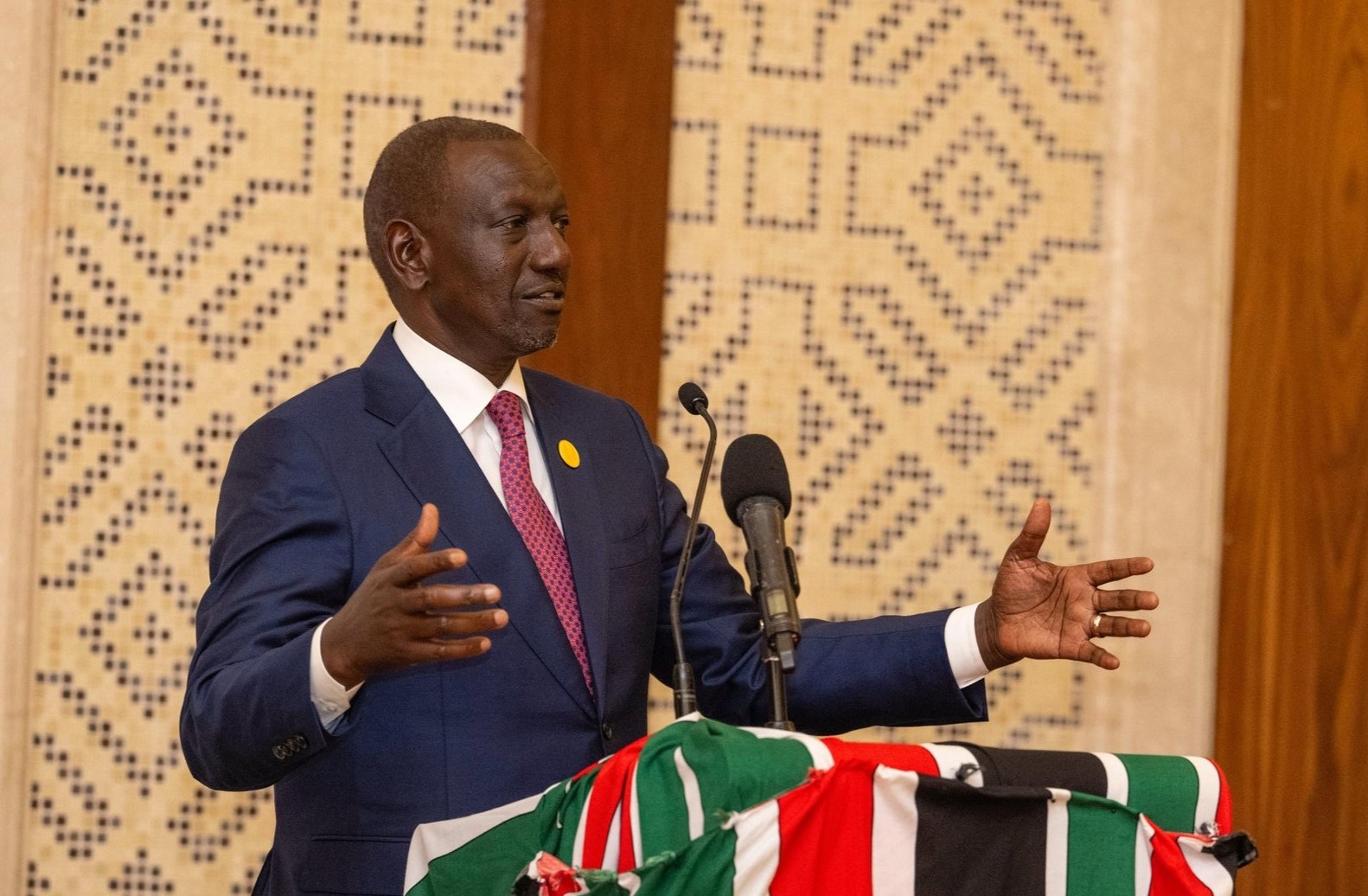Over the years, diabetes has become one of the leading causes of mortality in Kenya, Africa, and the World as a whole, with the Kenya Diabetes Association (KDA), estimating that more than 550,000 adults are living with the condition in Kenya.
According to the KDA data, more than one in three of these people has not yet been diagnosed, exposing them to the risk of developing debilitating diabetes complications.
The rising burden of diabetes in the country made the government recognise diabetes as a major public health problem in 2015.
Over time, most people living with this condition have appealed to the government to promote civic education as a tool to enlighten the population on preventive methods against diabetes.
John Onyango a diabetes patient from Migori has been struggling with the disease after being diagnosed in early 2021.
He is a civil servant in Migori County who was diagnosed with diabetes mellitus, a group of metabolic diseases characterised by elevated glucose levels in the blood, also known as hyperglycemia.
Diabetes mellitus comes as a result of defects in insulin secretion, insulin action, or both that forced Onyango to be hospitalised in August 2024.
After being hospitalised, Onyango had to follow a recommended diet plan.
“The food that I consume regularly includes; brown rice, brown bread, millet for ugali, porridge, carrots, apples, and vegetables that have helped me in fighting this disease," Onyango said.
Onyango said he might have inherited the disease from his late father, who died of the same in 2023 after fighting it for twenty-five years.
Type 2 diabetes is the most common known diabetes that poses a higher risk of developing within a family tree due to shared genetic factors.
Onyango advises other people to do yearly health check-ups to establish their health status as a preventive measure to curb lifestyle diseases.
Valery Otieno, a resident of Rongo Sub-county, was diagnosed with type two diabetes in 2020 and has been using the prescription from the doctor to fight the disease.
In 2023, Otieno stopped the hospital medication and opted to use herbal medicine which made her develop a wound that escalated to her thighs that had doctors amputate her left leg.
“I was desperate to get better, and that is why I turned up to use the herbs, I regret it because my life will not be the same again. If I had focused on the doctor’s prescription, my left leg would not have been amputated," Otieno said.
Anita Wabwire, a Migori-based nutritionist, said it is important for patients to stick to their doctor’s prescriptions to manage diabetes.
Wabwire underscored the critical role of diet for individuals living with diabetes by providing detailed guidance on management strategies.
She recommended focusing on wholesome foods like brown bread, brown rice, crisp apples, and nutrient-rich vegetables like cabbage.
Her advice against diabetic patients is to stop consuming sugary foods and instead incorporate consistent physical exercise into the daily routine.
Dr Patrick Lumumba from Ombo Mission Hospital in Migori describes diabetes as a widespread disease that affects both genders, with cases of hereditary and lifestyle playing a major role.
















